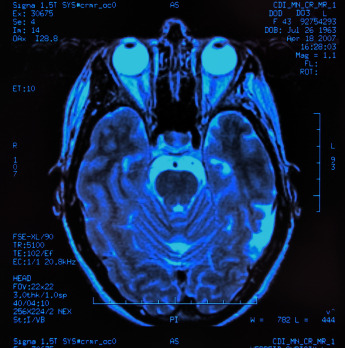sixpenceee: Déjà Vu Déjà vu is the experience of being certain that you have experienced or seen a n
sixpenceee: Déjà Vu Déjà vu is the experience of being certain that you have experienced or seen a new situation previously – you feel as though the event has already happened or is repeating itself. The experience is usually accompanied by a strong sense of familiarity and a sense of eeriness, strangeness, or weirdness. The “previous” experience is usually attributed to a dream, but sometimes there is a firm sense that it has truly occurred in the past. Déjà Vécu Déjà vécu is what most people are experiencing when they think they are experiencing deja vu. Déjà vu is the sense of having seen something before, whereas déjà vécu is the experience of having seen an event before, but in great detail – such as recognizing smells and sounds. Déjà Visité Déjà visité is a less common experience and it involves an uncanny knowledge of a new place. For example, you may know your way around a a new town or a landscape despite having never been there, and knowing that it is impossible for you to have this knowledge. Déjà Senti Déjà senti is the phenomenon of having “already felt” something. This is exclusively a mental phenomenon and seldom remains in your memory afterwards. You could think of it as the feeling of having just spoken, but realizing that you, in fact, didn’t utter a word. Jamais Vu Jamais vu (never seen) describes a familiar situation which is not recognized. It is often considered to be the opposite of déjà vu and it involves a sense of eeriness. The observer does not recognize the situation despite knowing rationally that they have been there before. Chris Moulin, of Leeds University, asked 92 volunteers to write out “door” 30 times in 60 seconds. He reported that 68% of the precipitants showed symptoms of jamais vu, such as beginning to doubt that “door” was a real word. This has lead him to believe that jamais vu may be a symptom of brain fatigue. Presque Vu Presque vu is very similar to the “tip of the tongue” sensation – it is the strong feeling that you are about to experience an epiphany – though the epiphany seldom comes. L’esprit de l’Escalier L’esprit de l’escalier (stairway wit) is the sense of thinking of a clever comeback when it is too late. Capgras Delusion Capgras delusion is the phenomenon in which a person believes that a close friend or family member has been replaced by an identical looking impostor. This could be tied in to the old belief that babies were stolen and replaced by changelings in medieval folklore, as well as the modern idea of aliens taking over the bodies of people on earth to live amongst us for reasons unknown. This delusion is most common in people with schizophrenia but it can occur in other disorders. Fregoli Delusion Fregoli delusion is a rare brain phenomenon in which a person holds the belief that different people are, in fact, the same person in a variety of disguises. It is often associated with paranoia and the belief that the person in disguise is trying to persecute them. It was first reported in 1927 in the case study of a 27-year-old woman who believed she was being persecuted by two actors whom she often went to see at the theatre. She believed that these people “pursued her closely, taking the form of people she knows or meets”. Prosopagnosia Prosopagnosia is a phenomenon in which a person is unable to recognize faces of people or objects that they should know. People experiencing this disorder are usually able to use their other senses to recognize people – such as a person’s perfume, the shape or style of their hair, the sound of their voice, or even their gait. A classic case of this disorder was presented in the 1998 book (and later Opera by Michael Nyman) called “The man who mistook his wife for a hat”. SOURCE -- source link
Tumblr Blog : sixpenceee.com

